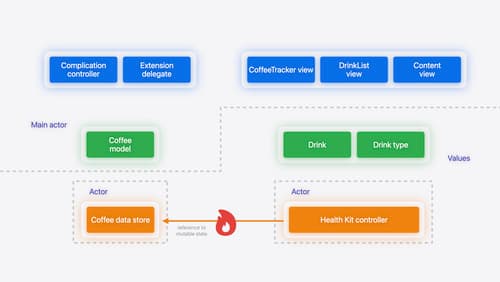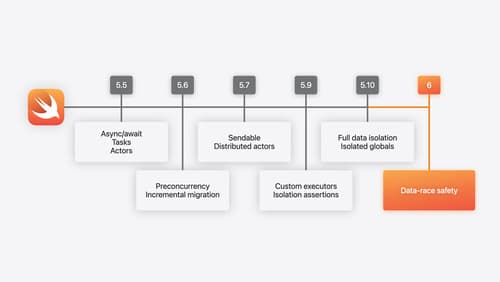не подскажите как быть в случаях когда у нас две разные либы имеют внутри себя ссылку на одну и тоже зависимость я про walletCore и grpc-swift
Asked on 2024-08-28
1 search
When dealing with two different libraries that have a common dependency, such as walletCore and grpc-swift, it's important to manage these dependencies carefully to avoid conflicts. Here are some general strategies you might consider:
-
Dependency Management Tools: Use a dependency manager like CocoaPods, Carthage, or Swift Package Manager to handle dependencies. These tools can help resolve conflicts by ensuring that the correct versions of dependencies are used.
-
Version Constraints: Specify version constraints for your dependencies in your project's configuration files. This can help ensure that the versions of the shared dependency are compatible with both libraries.
-
Namespace Conflicts: If the libraries are causing namespace conflicts, consider using module maps or other techniques to isolate the namespaces.
-
Custom Builds: In some cases, you might need to build a custom version of one of the libraries to ensure compatibility with the other.
-
Contact Library Maintainers: If the conflict is significant and cannot be resolved through configuration, consider reaching out to the maintainers of the libraries for guidance or to report the issue.
For more detailed guidance on concurrency and data-race safety, you might find the session Migrate your app to Swift 6 helpful, particularly the chapter on enabling complete checking in the watch extension, which discusses concurrency checking and data isolation.

Migrate your app to Swift 6
Experience Swift 6 migration in action as we update an existing sample app. Learn how to migrate incrementally, module by module, and how the compiler helps you identify code that’s at risk of data races. Discover different techniques for ensuring clear isolation boundaries and eliminating concurrent access to shared mutable state.

What’s new in Swift
Join us for an update on Swift. We’ll briefly go through a history of Swift over the past decade, and show you how the community has grown through workgroups, expanded the package ecosystem, and increased platform support. We’ll introduce you to a new language mode that achieves data-race safety by default, and a language subset that lets you run Swift on highly constrained systems. We’ll also explore some language updates including noncopyable types, typed throws, and improved C++ interoperability.
